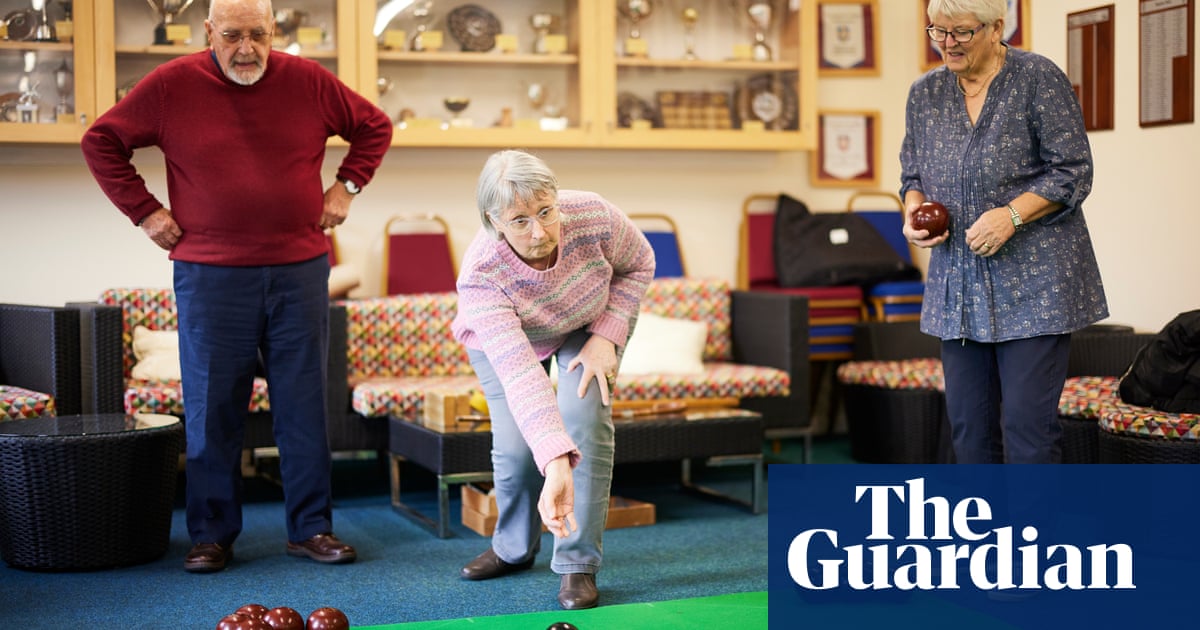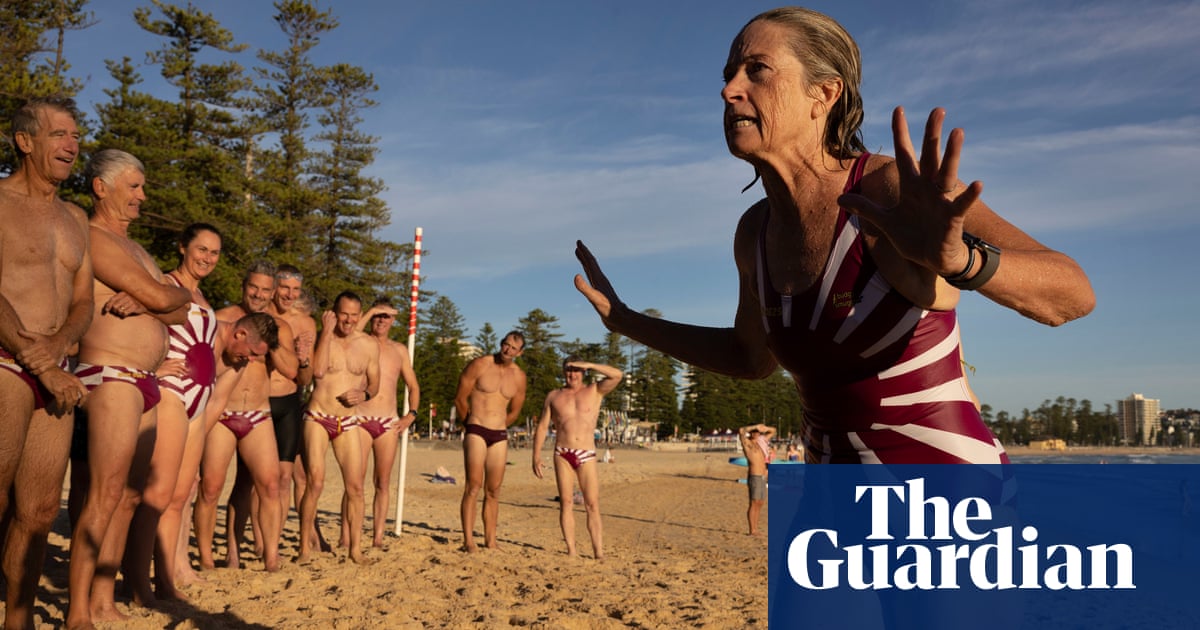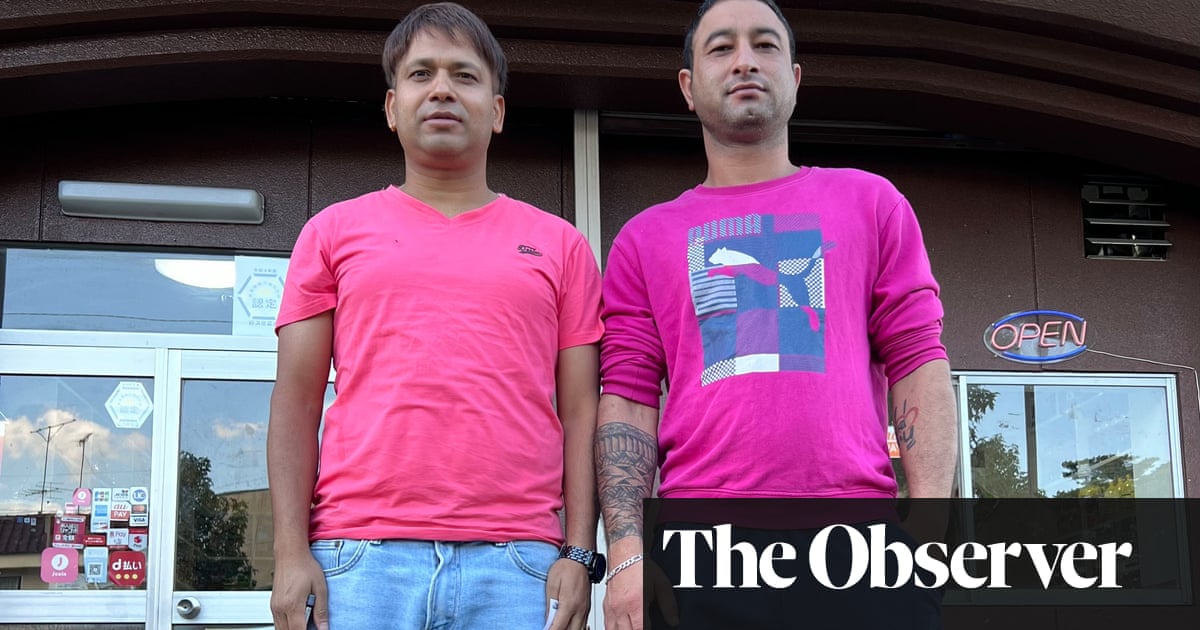
The city of Geel in Belgium has a foster care system for people dealing with mental health issues. These foster families sometimes host their boarders for decades, making them an integral part of the nuclear family. The families see the care they provide as normal, because many know it from their parents, grandparents, aunts and uncles. This system is within the DNA of Geel.
By fostering in this way the families want to normalise the lives of those with mental illness, treating them not as patients with a diagnosis, to be institutionalised, but as individuals deserving of dignity and inclusion. This way of altruistic psychiatric care has been part of Geel since the 13th century. It started when a church was built for Saint Dymphna, who is the patron saint of mental illness. Because of the construction of the church, pilgrims started flocking to the city. About 2,000 boarders were living with local farmers at that time. They helped with daily tasks. This was the beginning of the foster care system and it is still there, now spanning seven centuries.
The system has become more organised and advanced over the centuries. Since the 1860s, there have been professional support services offered by the city’s state psychiatric hospital (OPZ). The centre also has a daycare facility and they offer psychiatric treatment and counselling for the boarders, if needed.
I visited six families in Geel, where I saw daily life unfold almost as usual. Boarders played games with family members, did chores and watched television together. For many of the boarders it is important to have structure and routines, something the Geelians believe the boarders are receiving in a more natural way than when institutionalised.
Boarder Heidi, 71, lives with her fosterer, Maria Dierckx. I photographed them in the early morning, while Heidi was waiting for the bus to be taken to the daycare at the OPZ. The bus was a bit late and Heidi started getting nervous – I could see her pace up and down in the living room, looking at the clock. Maria came in to sit with Heidi, to have a small chat, which immediately calmed Heidi down. When the bus arrived, Heidi stormed outside, first giving Maria a kiss on the cheek. It is these small daily practices that give the boarders a feeling of safety and belonging. A family to rely on.
Maggy Vleugels, 58, and her husband, Jozef Huysmans, are hosting Hilda, 65. This is not their first boarder. Maggy grew up in a family where boarders were part of daily life. Her mother and father were also taking care of several boarders. When her parents died, Maggy decided to take care of their boarder, Jeff. When after many years, the care of Jeff, who was struggling with severe health issues, was becoming too much for Maggy, he moved to the OPZ. Maggy was sad as she would have loved to have taken care of Jeff much longer, but simply could not as the care was too specialised. She told the OPZ she would like to host someone again. Caring is within her personality, as it is with many families in Geel.
There are about 120 boarders living with foster families. This used to be thousands, but there has been a decline in participation over the years. This is mainly due to households where both the man and woman have a job, something that was not the case in earlier centuries. The families receive a daily allowance of about €28 (£24) for each individual they care for, which covers basic expenses.
Efforts to expand the programme are ongoing and marketing initiatives are in place to attract more families. In a significant recent development, Geel’s care system has been added to Unesco’s list of intangible cultural heritage.
In an era marked by increasing awareness of mental health issues and the need for innovative solutions, Geel shows a centuries-old model built on empathy and solidarity.












